Imagine this: your cat, tail flicking, eyes narrowed, lurking behind the couch like a tiny tiger with a grudge. You love your furry friend, but sometimes, their dramatic sighs and cold shoulder treatment leave you scratching your head. What if the reason isn’t a mystery at all—but your own daily habits? Cats are creatures of comfort and routine, and the things we do without thinking can stress them out more than a Monday morning alarm. Ready to discover the surprising ways you might be ruffling your cat’s fur? Let’s dive into the habits that might be secretly driving your cat up the wall.
1. Ignoring Their Need for Space
It’s tempting to scoop up your cat every time they walk by, but cats crave personal space just as much as people do. Constantly picking them up, cuddling, or trying to pet them when they’re not in the mood can turn a loving companion into a hissing escape artist. Imagine if someone hugged you every time you crossed the living room—exhausting, right? Cats need to control their interactions. Respecting their boundaries actually builds trust and makes them more likely to seek affection on their own terms.
2. Loud Noises and Sudden Sounds
Cats have incredibly sensitive hearing. Everyday sounds that seem normal to us—a vacuum cleaner, a door slamming, or even a loud laugh—can feel like a thunderstorm in their delicate ears. Repeated loud noises can make your cat anxious and jumpy. If your cat bolts under the bed every time you drop a pan, it’s not just being dramatic. Keeping noise levels down and providing quiet hiding spots can go a long way in making your home cat-friendly.
3. Inconsistent Feeding Times
Cats love routine, especially when it comes to food. Feeding your cat at random times each day can make them feel insecure and cranky. Imagine if your dinner time changed every night without warning! Cats thrive on predictability. Setting regular feeding times helps your cat feel safe and less stressed, and it’s a simple way to show you care about their comfort.
4. Overstimulating with Too Much Petting
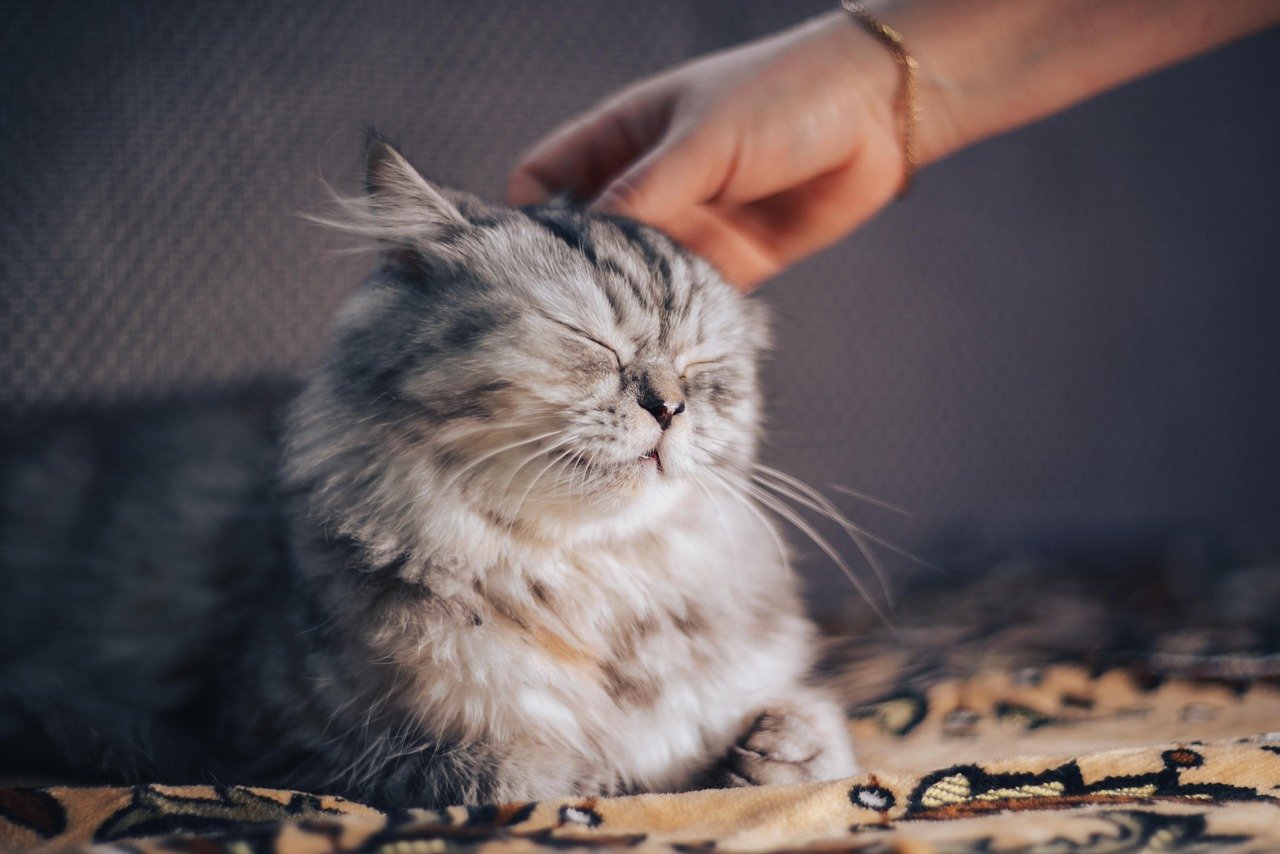
Petting a cat can feel like a bonding moment, but too much of a good thing is still too much. Cats can become overstimulated quickly, especially when petted along their back or tail. You might notice your cat suddenly biting or swatting after a few minutes of affection. This isn’t bad behavior—it’s their way of saying, “Enough!” Pay attention to their body language: a twitching tail or flattened ears are clear warning signs.
5. Changing Their Environment Suddenly
Cats are creatures of habit, and they don’t appreciate surprises like humans might. Rearranging furniture, moving their litter box, or introducing new scents and objects can unsettle them. Even something as simple as a new rug can send your cat into a tailspin. If you need to make changes, do it gradually. This gives your cat time to adjust and prevents unnecessary stress.
6. Ignoring the Litter Box Cleanliness
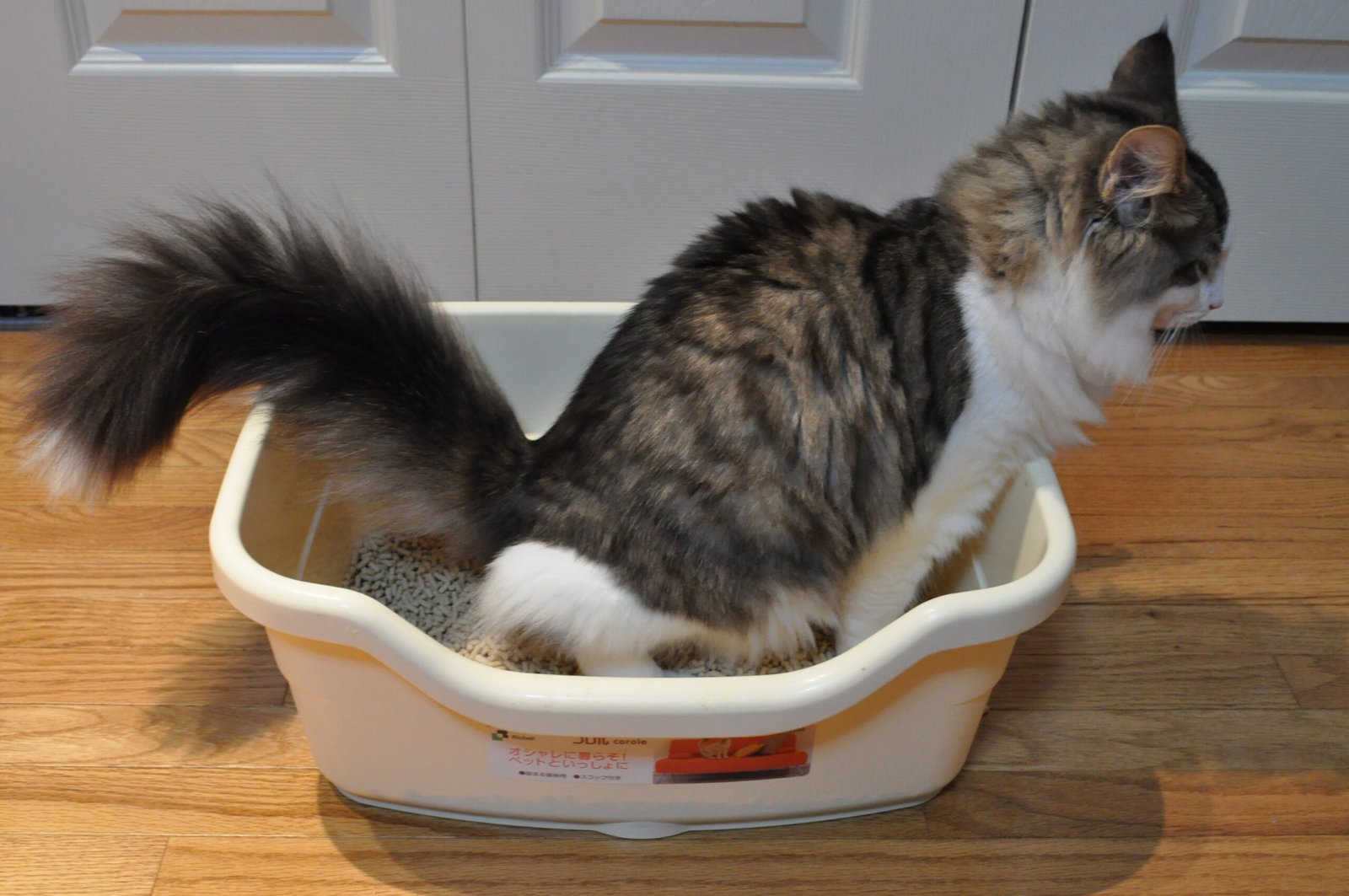
Cats are notoriously picky about their bathroom habits. A dirty litter box is a major no-go and can lead to accidents around the house. Think of it like being forced to use a public restroom that hasn’t been cleaned in days—no thanks! Scoop daily and change the litter frequently. Your cat will thank you with better behavior and a happier attitude.
7. Forcing Cat-to-Cat Interactions
Not all cats want a feline sibling, and forcing them to “just get along” can lead to fights or hiding. Each cat has a unique personality and needs time to adjust to new arrivals. Imagine suddenly being told to share your home with a stranger. Introductions should be slow, with plenty of places for each cat to retreat. Respect their space and let friendships develop naturally.
8. Lack of Play and Stimulation
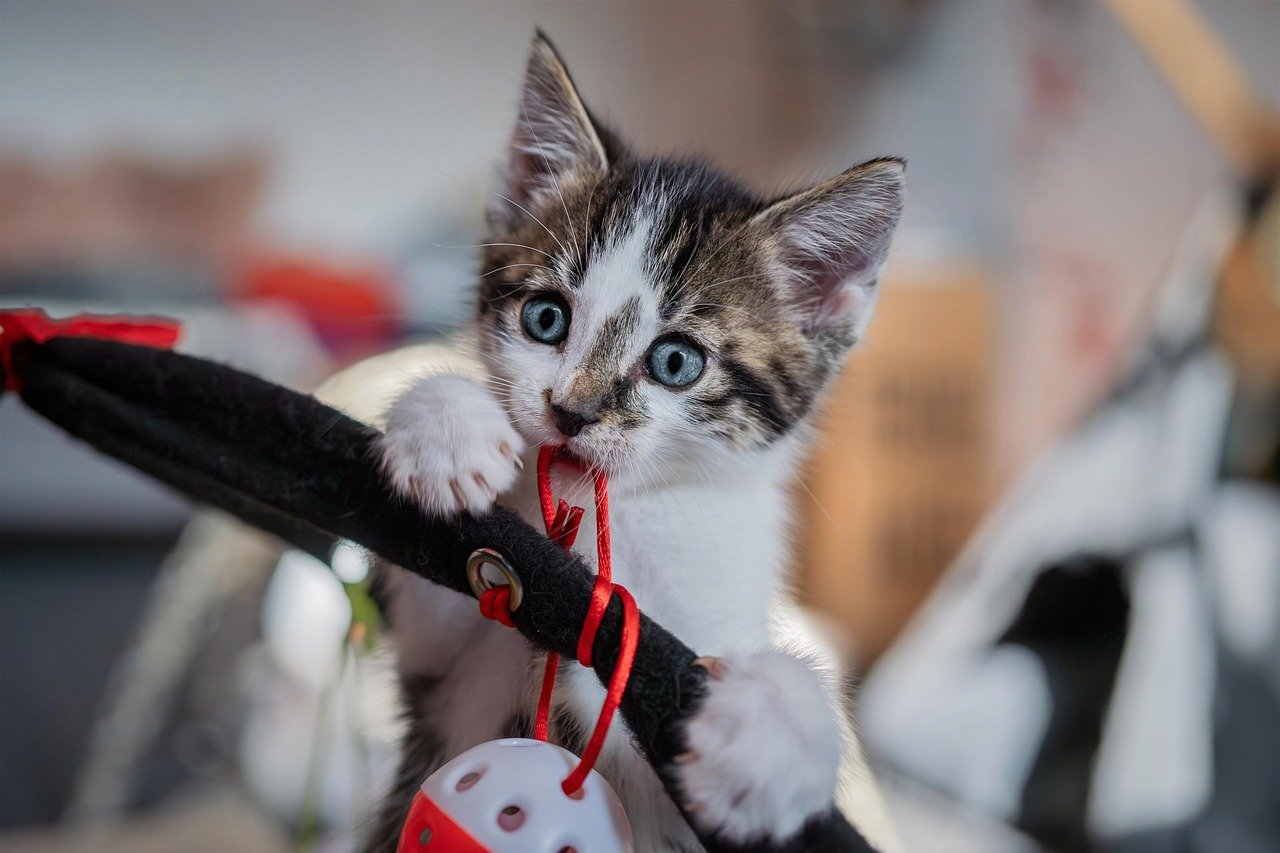
Cats may seem lazy, but they need mental and physical exercise to stay happy. Without enough toys or playtime, cats can get bored, anxious, or even destructive. Picture being stuck inside with nothing to do—restlessness is inevitable! Spend time every day playing with your cat using toys, laser pointers, or even a crumpled paper ball. An active cat is a content cat.
9. Using Strong Scents Around the House
Cats’ noses are much more sensitive than ours. Scented candles, air fresheners, or strong cleaning products can overwhelm them. What smells fresh to you might be unbearable for your cat. Stick to unscented or pet-safe products, especially in areas where your cat spends the most time. Your cat will breathe easier, and you’ll avoid unnecessary stress.
10. Dressing Them Up in Costumes
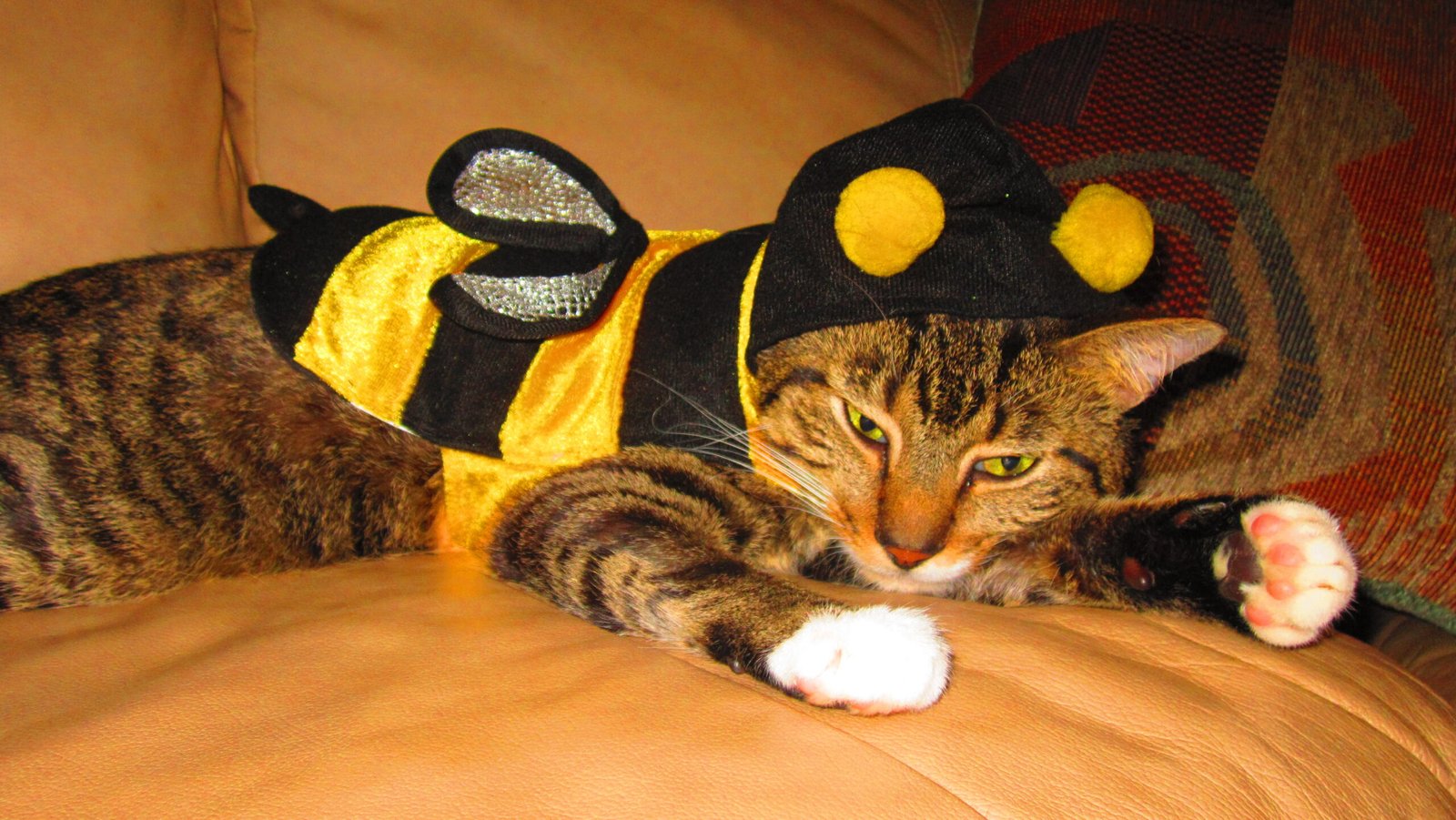
It might be hilarious to see your cat in a tiny sweater or a silly hat, but most cats find costumes uncomfortable and stressful. Wearing clothes restricts their movement and messes with their fur, making them feel trapped. While some cats tolerate it for a funny photo, most would rather not be fashion icons. Save the costumes for the family dog, and let your cat strut their natural style.
11. Leaving Them Alone for Too Long
Cats have a reputation for being independent, but that doesn’t mean they enjoy being left alone for long stretches. Extended absences can lead to loneliness and even depression. If you work long hours or travel frequently, consider a pet sitter or automated toys to keep them stimulated. A little extra effort goes a long way in keeping your cat’s spirits high.
12. Ignoring Signs of Illness or Discomfort
Cats are masters at hiding pain. Small changes in eating, grooming, or behavior can signal something is wrong. Ignoring these signs can lead to bigger health problems and, ultimately, more stress for your cat. Pay attention to your cat’s habits, and don’t hesitate to call the vet if something seems off. Early intervention can make all the difference.
13. Punishing Bad Behavior
Yelling, spraying water, or physically punishing your cat when they misbehave only makes things worse. Cats don’t understand punishment like dogs do—instead, it just scares them or damages your bond. Positive reinforcement works better. Reward good behaviors with treats or praise, and redirect unwanted behaviors gently. Building trust is always more effective than instilling fear.
14. Not Providing Vertical Space
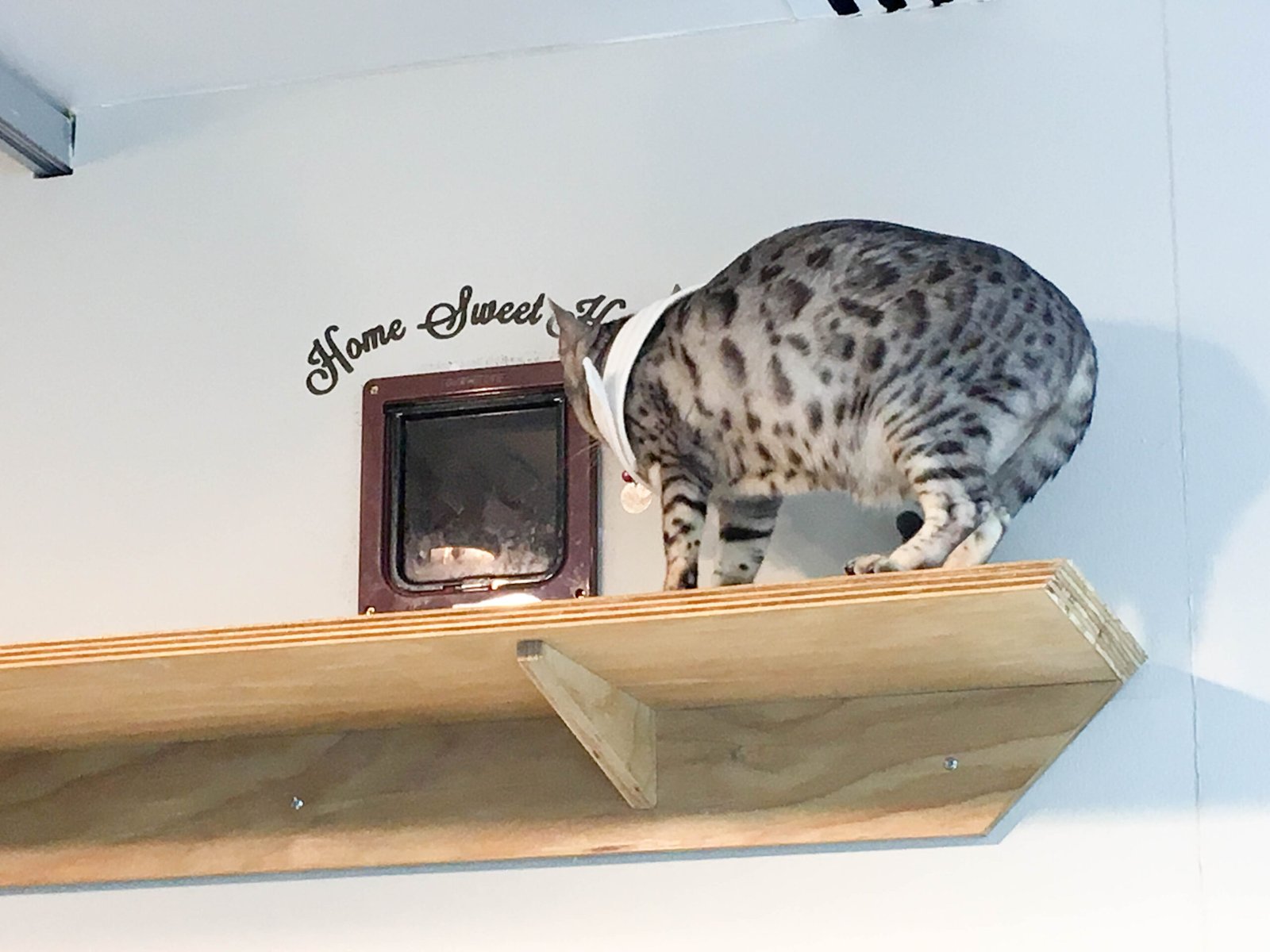
Cats love to climb and observe their world from above. A home without shelves, cat trees, or high perches can leave your cat feeling trapped or bored. Imagine living your life at ground level without a single place to escape! Adding vertical spaces gives your cat the freedom to explore and feel secure. It’s a simple change that can make a huge difference in their happiness.
15. Forgetting to Respect Their Unique Personality
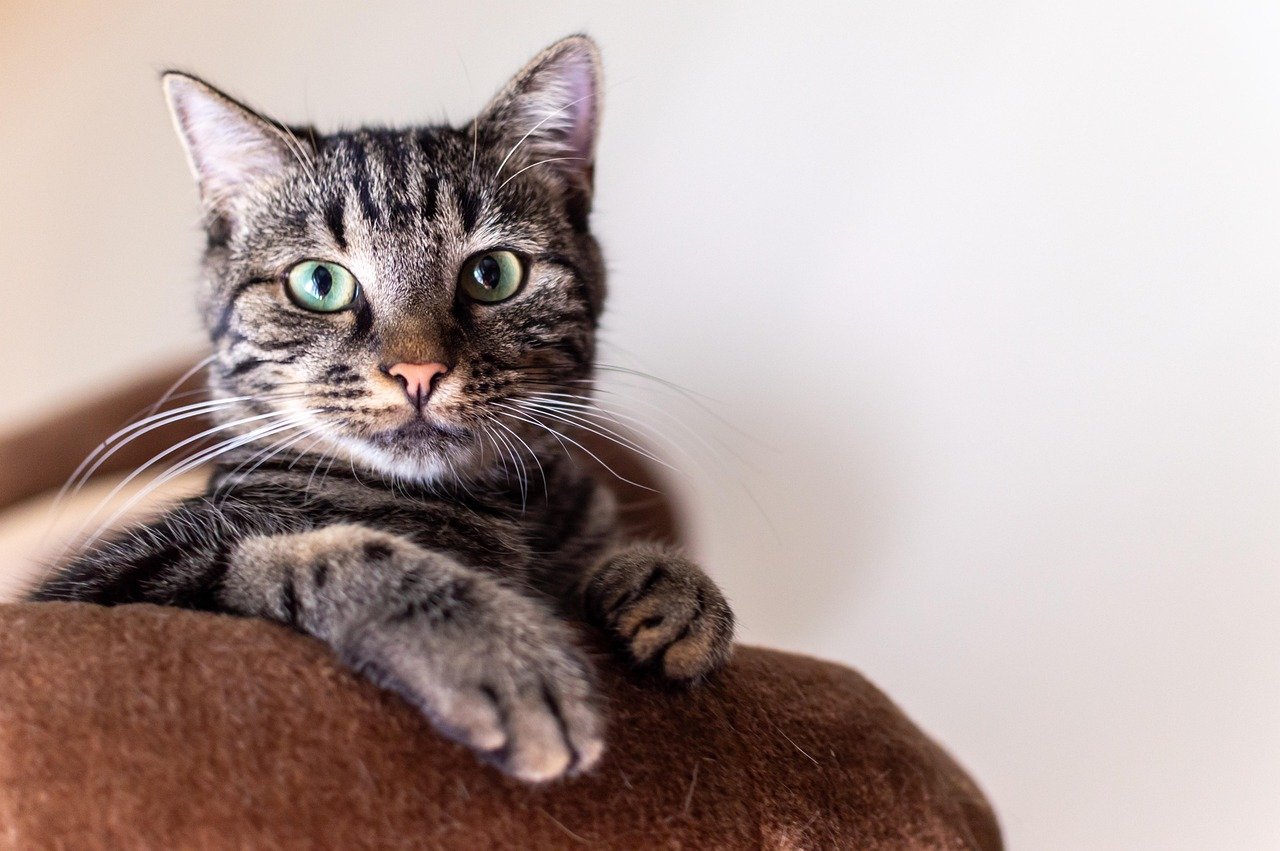
Every cat is different. Some are social butterflies, while others are shy wallflowers. Treating all cats the same or expecting them to act like dogs can cause frustration for both of you. Take time to learn your cat’s quirks and preferences. Listen to their cues and adjust your habits accordingly. The more you respect their individuality, the deeper your bond will grow.
Cats may seem chill, but some of our everyday habits can totally throw off their groove. From loud noises to sudden schedule changes, it’s the little things that can stress them out more than we realize. The good news? A few simple adjustments can go a long way in keeping your feline friend calm and content. Tune into their cues, respect their space, and you’ll have one happy, purring companion in no time.